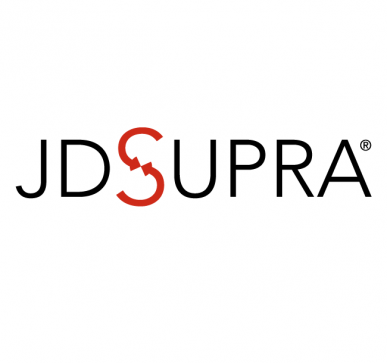The US has Tax treaties and Tax Information Exchange Agreements (TIEAs) with certain countries that provide, upon request, for the exchange of U.S. income information regarding their citizens or residents. There are currently 43 countries on the list. Exchange of Information (EOI) refers to sharing of tax-related information between two or more countries for tax administration and enforcement purposes. IRS updated its Revenue Procedures on March 2017 to better reflect the U.S. list of the countries with which exchange of tax information is appropriate.
Generally, if Tax Treaties or TIEAS are absent, IRS is not permitted to share return information with another country. Furthermore, IRS and the US Treasury Department will only exchange information with countries that are deemed appropriate. Countries are deemed appropriate if they protect the confidentiality of the information being exchanged to the satisfaction of the U.S. treasury and if they impose tax on the income being reported.
Under an EOI agreement, IRS may exchange information regarding deposit interest upon either specific requests or on an automatic basis. The information requested may contain items that are reported or omitted on a taxpayer’s return regarding the whereabouts of the taxpayer when the taxpayer no longer resides at the last known international address of record and during a delinquent return investigation to determine income and credits of the taxpayer.
All EOI requests to a foreign country are handled by the IRS Tax Attaché, Revenue Service Representative or an EOI group. They have the responsibility for handling requests to the country where the information is located. The EOI Program:
- administers the Exchange of Information provisions of US tax treaties and TIEAs,
- obtains foreign based information for the IRS field personnel,
- provides US based information to treaty partners, and
- coordinates the Mutual Collection Assistance provisions of certain treaties.
The information exchanged under an EOI request includes but is not limited to:
- Tax returns and return information such as verification of filing status, citizenship, residency, income, expenses and tax liability,
- Third party information return filings,
- Bank records,
- Business records,
- Public records such as deeds, birth, death and marriage records, and
- Witness interviews.
Currently, the US also sends tax information to certain foreign countries under FATCA reciprocal Inter Governmental Agreements (IGAs). Between the EOI and FATCA reciprocal IGAs, the U.S. exchanges information with other tax jurisdictions. Despite this, there are Taxpayers that believe that they are not at risk from having information shared with other tax authorities. This perception stems from the U.S. lack of participation in the OECD Common Reporting Standard (CRS).
Because the US is not participating in the CRS, there is a perception that foreign investors may see the US as a tax haven. The perception that the US is a tax haven is mitigated by:
- Tax treaties and tax information agreements that supersede the current US lack of participation in the CRS as foreign Governments may provide formal requests for tax information or a foreign Government could be in an automatic tax sharing EOI agreement with the US.
- Previously, certain non-US natural persons could maintain accounts in US financial institutions without being subject to FATCA or CRS reporting obligations by maintaining the account in the name of a US entity owned by a foreign entity. However, as of 1/2017, foreign-owned Disregarded Entities will be treated as domestic corporations for reporting purposes. They now have to keep certain financial records and file IRS FORM 5472 disclosing their natural person Ultimate Beneficial Owner (UBO).
Don’t be a victim of your own making. If you are a resident or citizen of a foreign country, become aware of tax sharing EOI Agreements that the US has in place with other countries and the new filing and record keeping requirements for single member LLC’s.
https://www.jdsupra.com/legalnews/do-you-know-that-the-us-might-have-a-50095/





